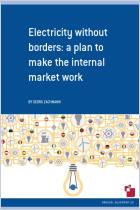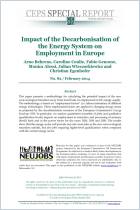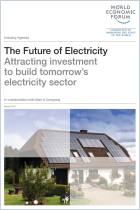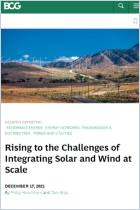
Read or listen offline
Recommendation
Economist Luise Röpke studies the impact that the greening of Germany’s electrical system has on the grid’s reliability and cost. She says renewable energy confronts a “trilemma” – the interrelation of environmental impacts, network reliability and electricity prices. Using existing indexes and original calculations, Röpke unveils the significant economic and social costs of power outages. She explains why introducing renewable energy into the existing grid assures service deterioration unless Germany invests more money in its electrical grid network and she urges a re-evaluation of the entire national renewables program. Though this paper is burdened by techno-lingo and at least one Gordian knot of a data graph, getAbstract suggests that energy specialists and policy makers should read it, as should observers from other nations who seek lessons from Germany’s green experience.
Take-Aways
About the Author
Luise Röpke is an economist with the CESifo Group Munich. Her research focuses on energy economics, climate and resources.






















Comment on this summary or 开始讨论